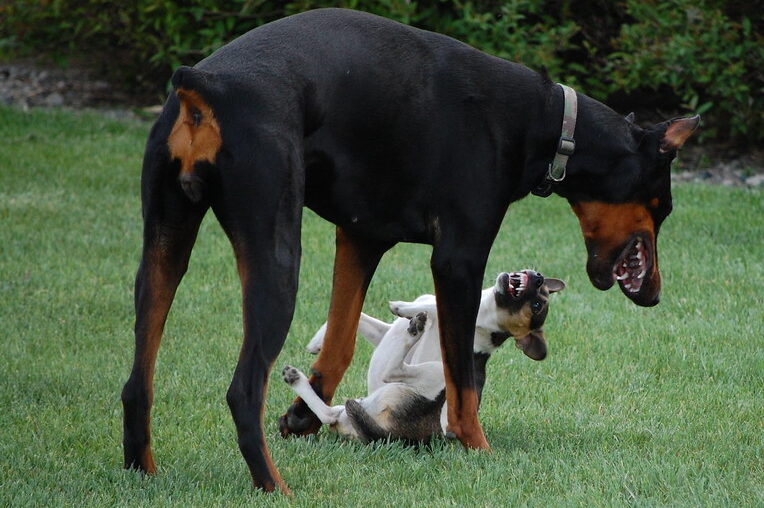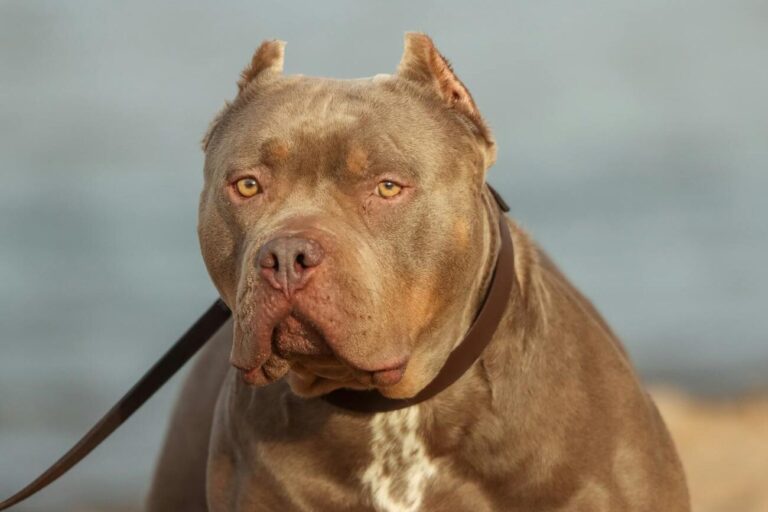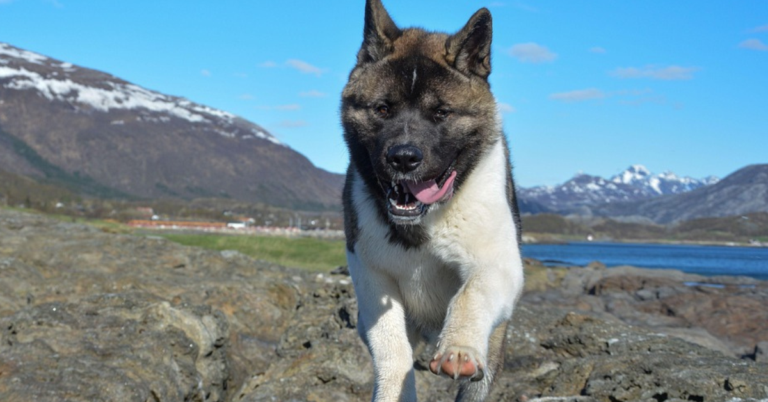15 Different Cultures that Honor Dogs as Sacred Beings

In many civilizations, dogs have been considered sacred creatures possessed of heavenly attributes. Across the globe, various civilizations view dogs as spiritual protectors, symbols of loyalty, or even divine beings. These 15 cultures hold dogs in high spiritual regard as blessed creatures.
Norse Culture
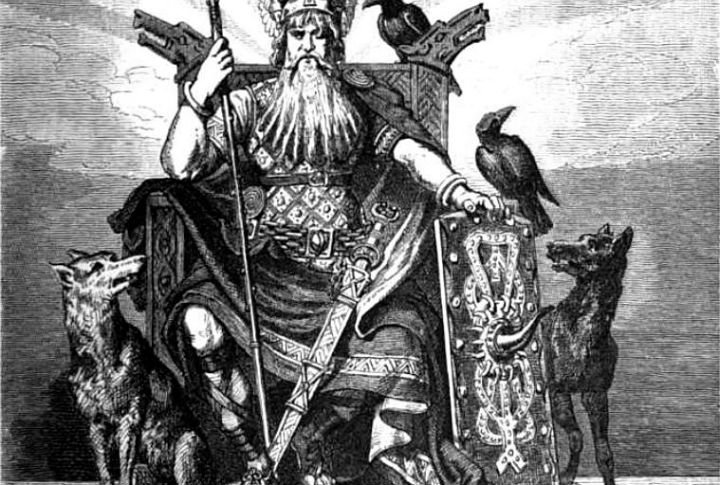
The Norse mythology deemed pooches as a symbol of defense and devotion. Odin, the Allfather, had wolves Freki and Geri for company, and there were also sightings of dogs patrolling the underworld with Hel, the goddess of death. As loyal friends to deities and humans, their existence symbolized power and faithfulness in the Norse pantheon.
Hindu Culture
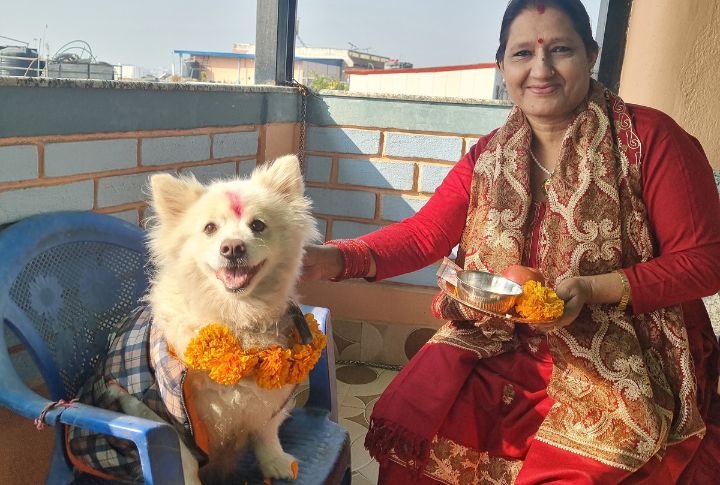
Spiritually significant to Hindus, pooches are frequently associated with deities like Shiva. These creatures are highly esteemed in households and temples as divine representatives. Festivals like Tihar honor dogs for their devotion and heavenly qualities with ceremonies and sacrifices, as owning a dog is seen as a sign of good fortune.
Tibetan Buddhist Culture
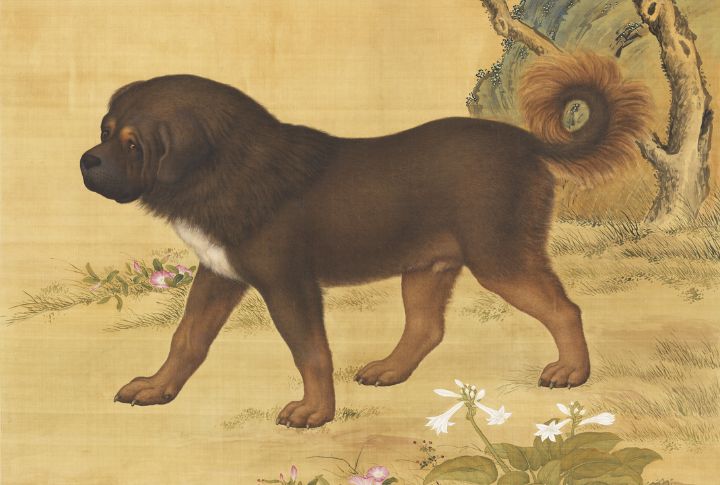
Tibetan Buddhists revere canines for their role as keepers of sacred scriptures. The Tibetan Mastiff represents alertness due to its massive stature and powerful build. Many Himalayan monasteries keep these dogs to protect the Dharma, highlighting their important role in maintaining peace and sacred knowledge.
Aztec Culture
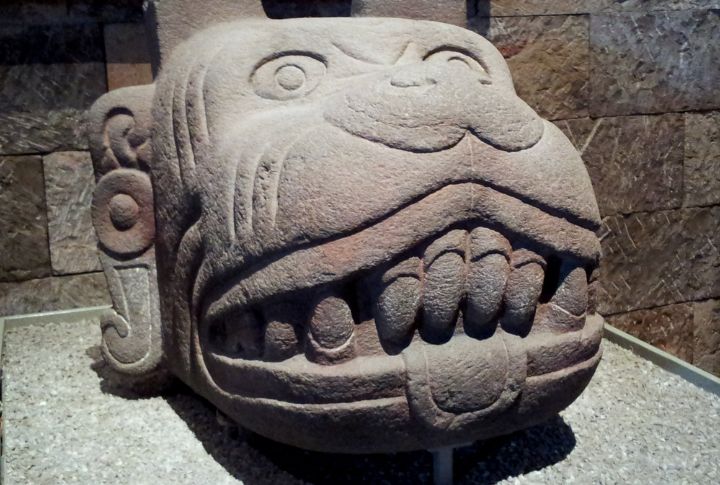
According to Aztec belief, dogs had an essential role in the afterlife. It was believed that the god Xólotl, sometimes shown with a pooch’s head, guided souls through the perilous underworld. To symbolize dogs’ spiritual link to the gods, they were sacrificed and buried with their owners to guide them to the afterlife.
African Culture

Many African myths center on canines, who are seen as guardians of the afterlife and symbols of unwavering devotion. In some parts of the world, canines are bestowed with supernatural skills, such as healing or conversing with the dead. African folklore esteems them as companions and as mystical entities capable of divine intervention.
Ancient Greek Culture
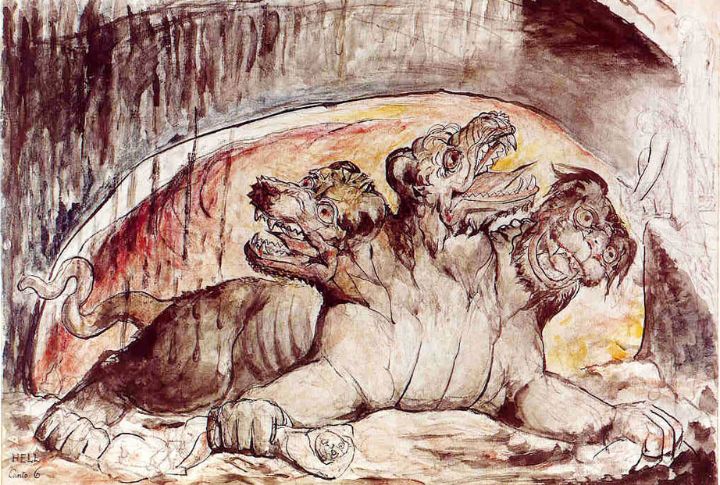
Dogs played an essential position in Greek mythology, especially as protectors of the underworld. At the entrance, Hades’ three-headed dog Cerberus guarded the underworld. Cerberus was the terrifying underworld deity who represented devotion and protection, lending credence to the idea that dogs had a special bond with both the mortal and heavenly worlds.
Roman Culture
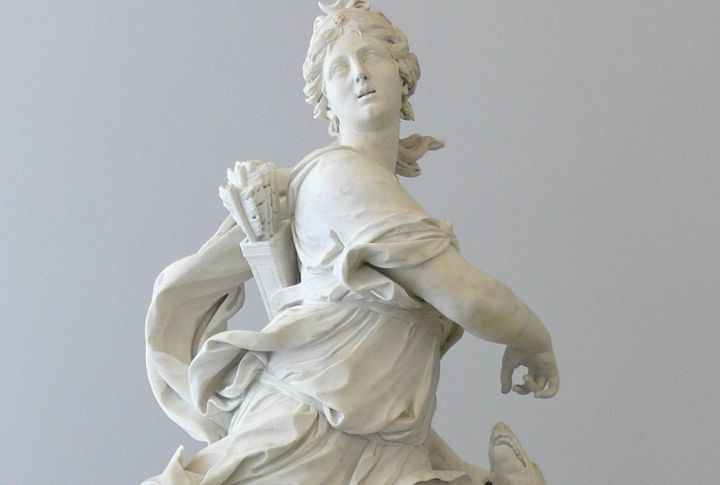
The Romans associated dogs with unwavering devotion and protection. Beyond their companionship, they were represented by goddesses like Diana, the goddess of hunting, confirming their hallowed significance. Ancient Romans thought that pooches could scare away bad spirits. Art and myth also praised their loyalty, which connected them to divine protection.
Native American Culture
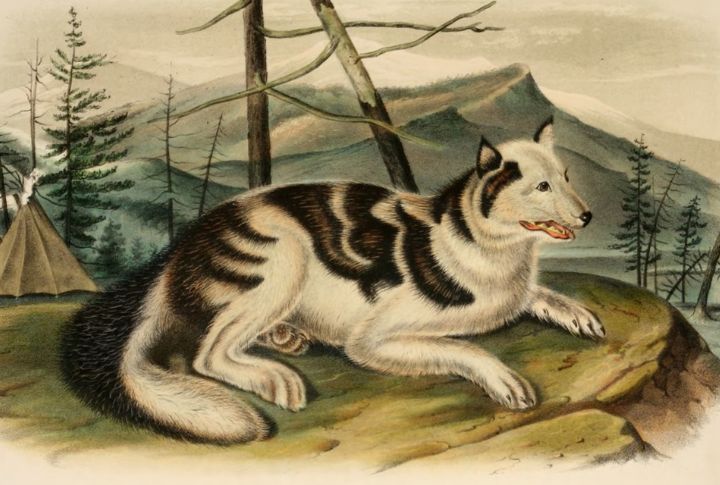
The Native American community traditionally saw canines as sacred messengers and guardians. People believed that dogs could talk to the dead and saw them as holy friends on hunts and in ceremonies. Certain tribes considered these creatures spiritual guardians of the family and its heritage; others considered them messengers of the gods.
Ancient Egyptian Culture
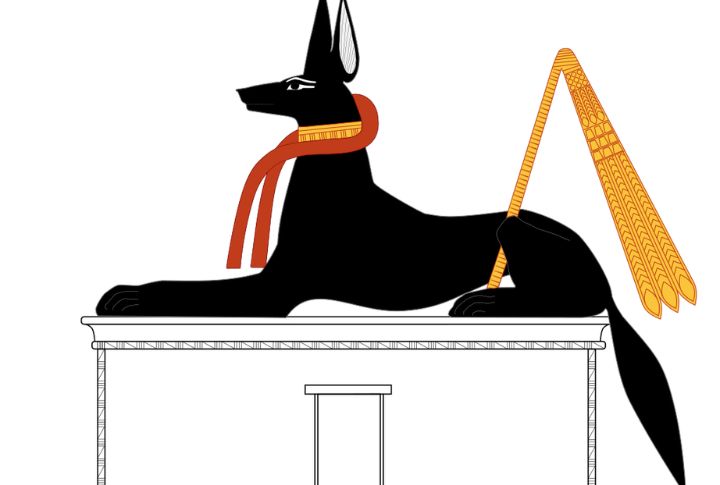
In ancient Egyptian mysticism, dogs were venerated as heavenly guardians of the dead. The jackal-headed deity Anubis was shown as a guardian of the underworld, leading souls safely to the afterlife. Everyone from pharaohs to commoners held dogs in high esteem because of the myth that they warded off bad spirits and guided the faithful to the afterlife.
Chinese Culture
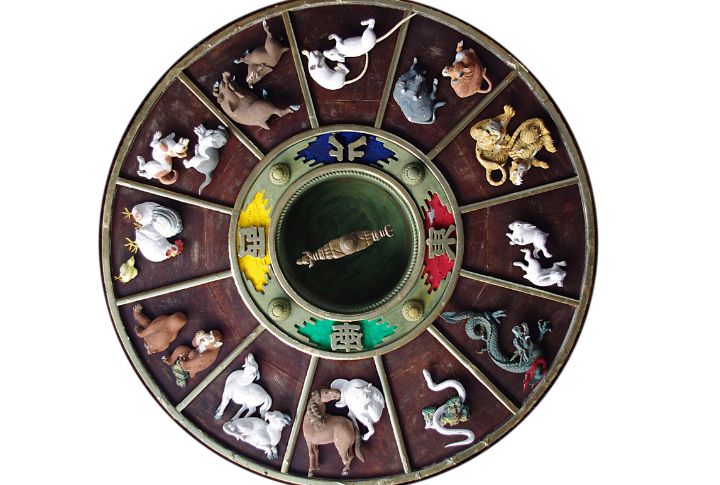
To the Chinese people, dogs are signs of wealth and success since they are one of the twelve animals in the zodiac. Common belief holds that these magical creatures protect their owners from misfortune and faeries. Due to their symbolic strength as heavenly guardians and luck-bringers, dogs are honored throughout Lunar New Year celebrations.
Japanese Culture
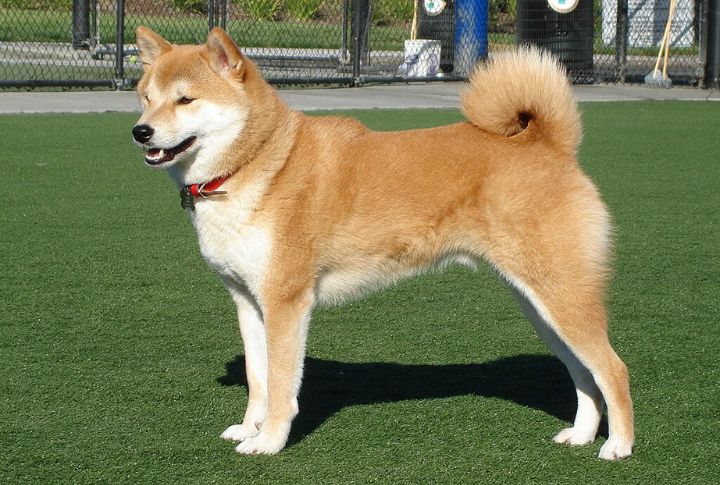
Japanese culture has high regard for their pups, particularly for their unwavering loyalty. The Shiba Inu is one of the earliest native dog breeds in Japan. A representation of loyalty and constant support, the samurai’s attitude of courage and devotion is thought to have a spiritual connection to these canines, which are believed to be excellent family guardians.
Korean Culture

As symbols of unbreakable loyalty and companionship, canines have a special place in Korean culture. In folklore and literature, dogs often appear as loyal creatures who protect their masters in need. Given this cultural respect, pooches are valued for their unrelenting loyalty and their divine role in preserving peace.
Filipino Culture
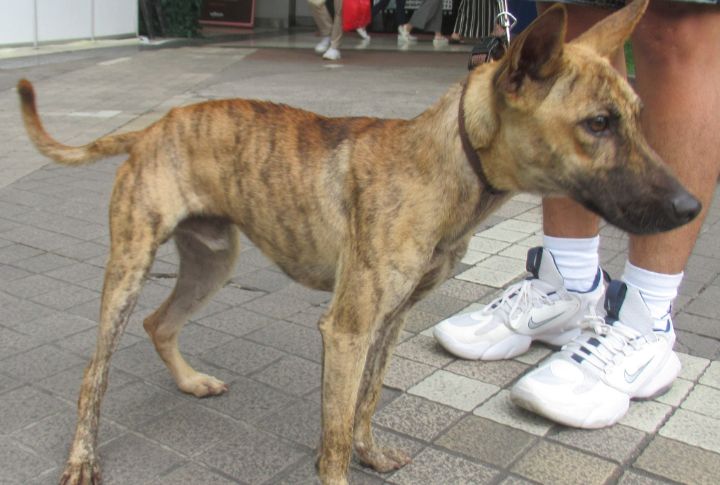
According to Filipino culture, pooches are both protectors and fortunate charms. They are believed to defend homes from disaster under the spirit deity Anito, therefore offering both physical and spiritual protection. Apart from their daily responsibilities, their esteemed position links them to heavenly favor and the family’s welfare.
Indian Culture
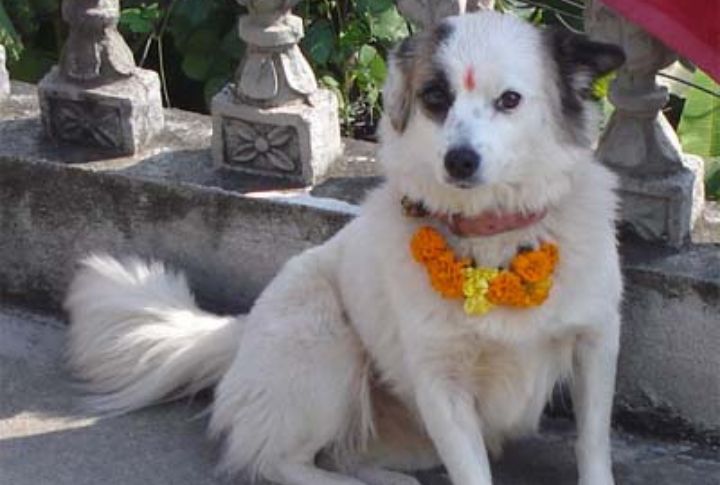
Indians hold dogs in the highest esteem because of the loyalty and protection they represent. Temples overvalue them because they believe they have heavenly attributes. Some legends have dogs as devoted allies of gods like Bhairava, a ferocious avatar of Shiva. This, in a very spiritual way, renders their role as holy guards even stronger.
Celtic Culture
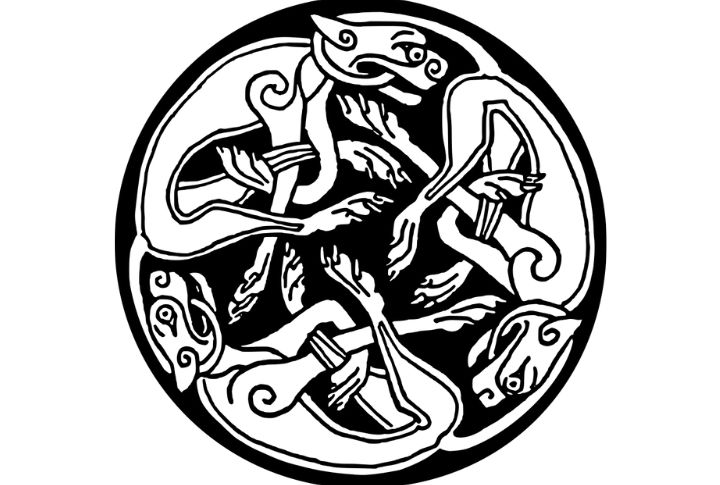
Celtic people thought dogs were wise and guarded the house and hearth. They believed they could sense danger and keep their owners safe. In legends of bravery and devotion, canines are also portrayed as the friends of Celtic heroes, which combines their holy and guardian attributes.
